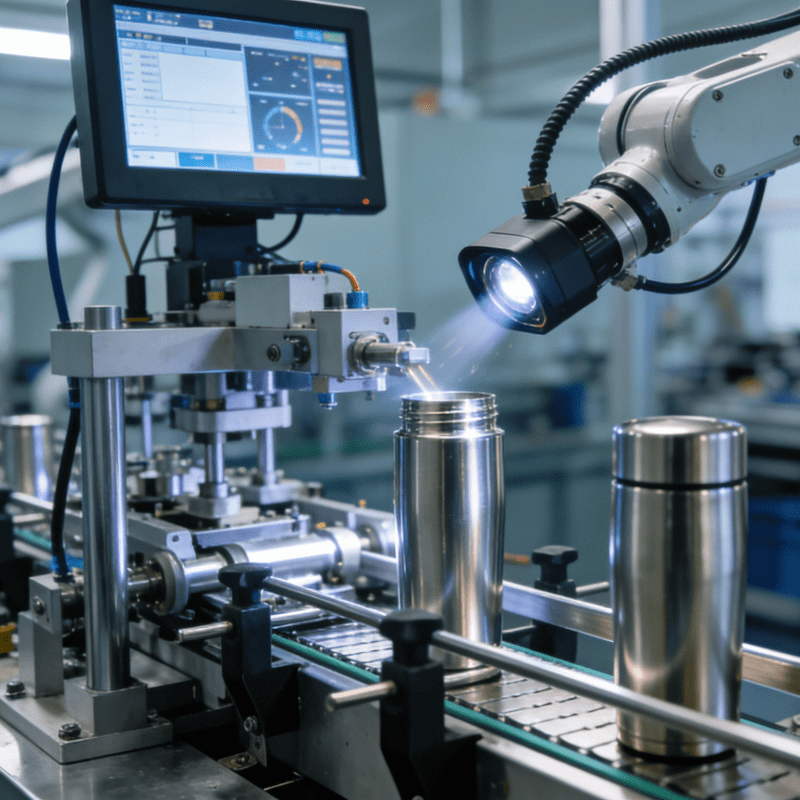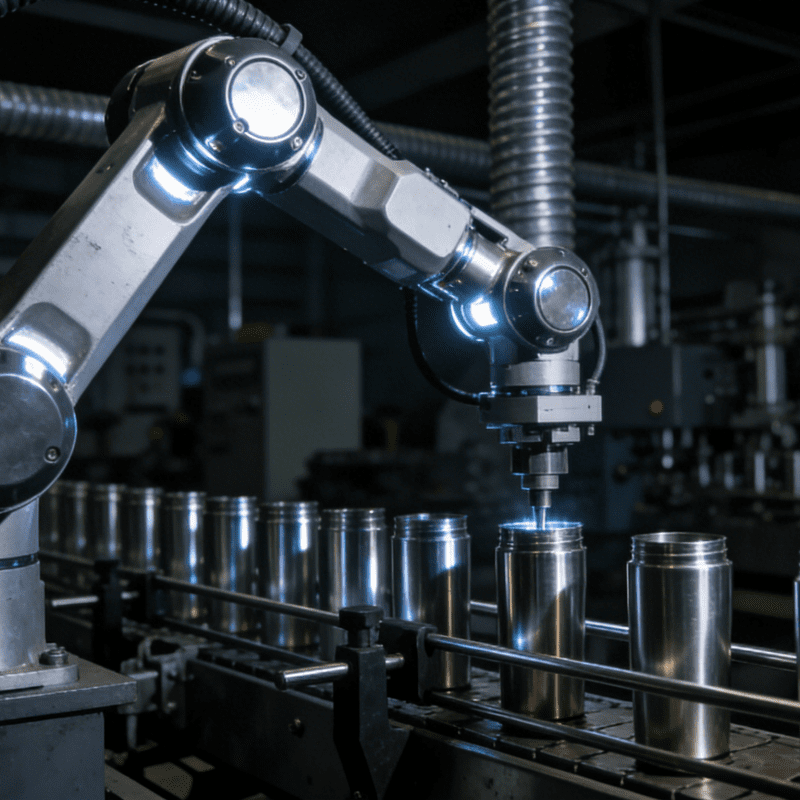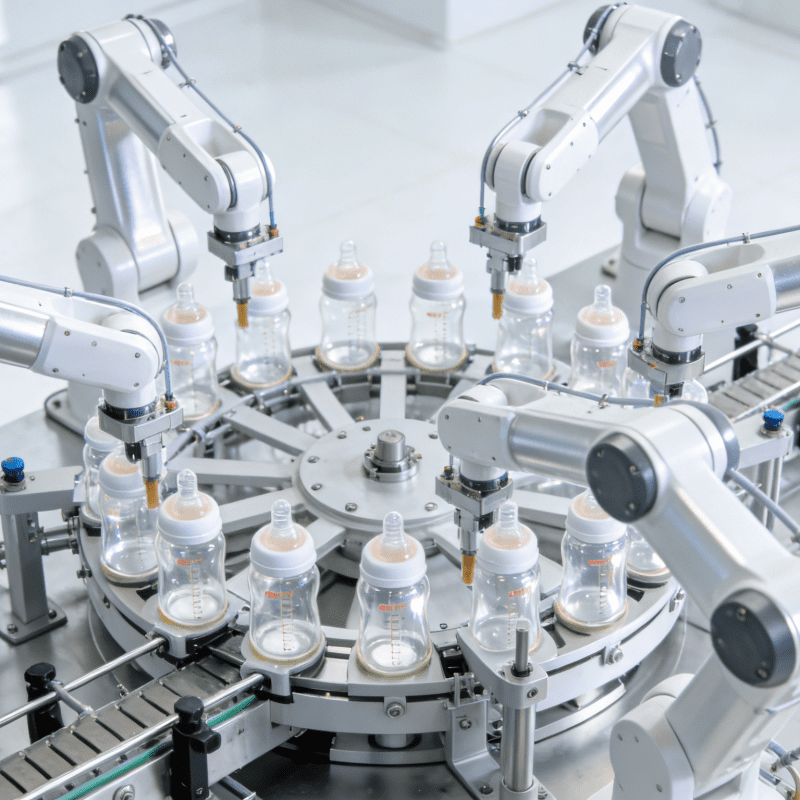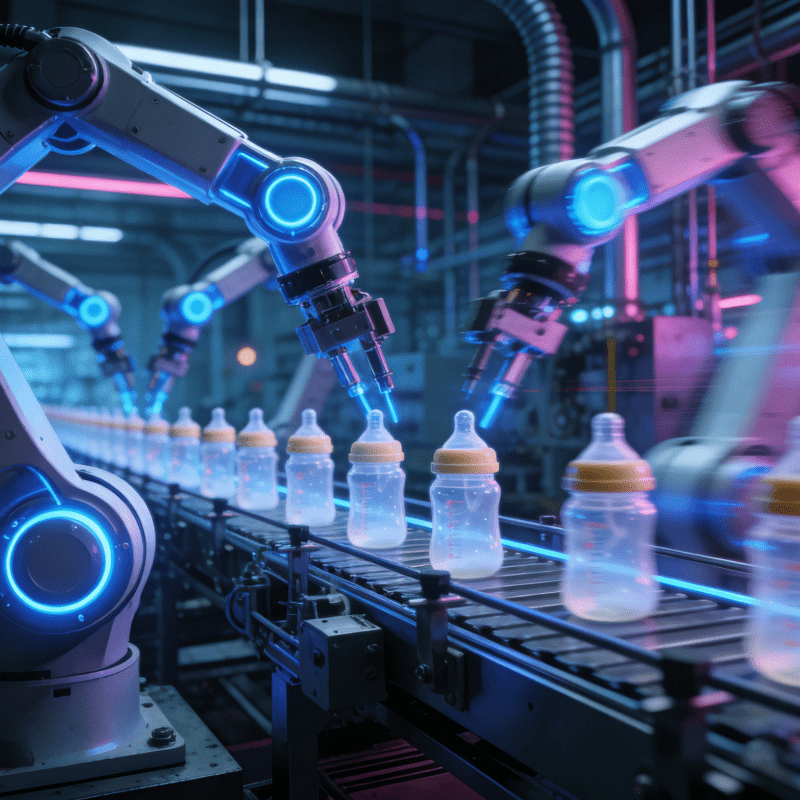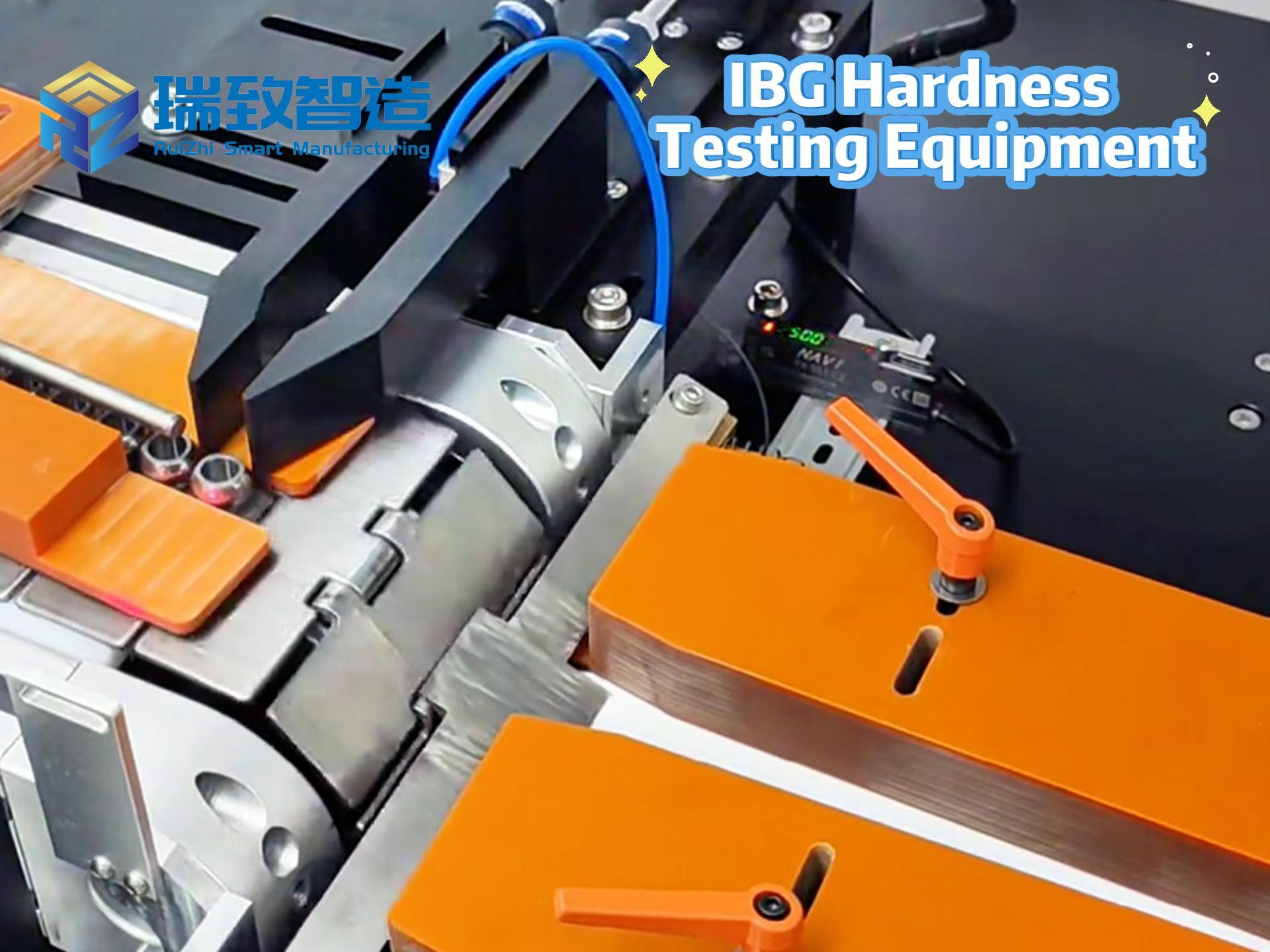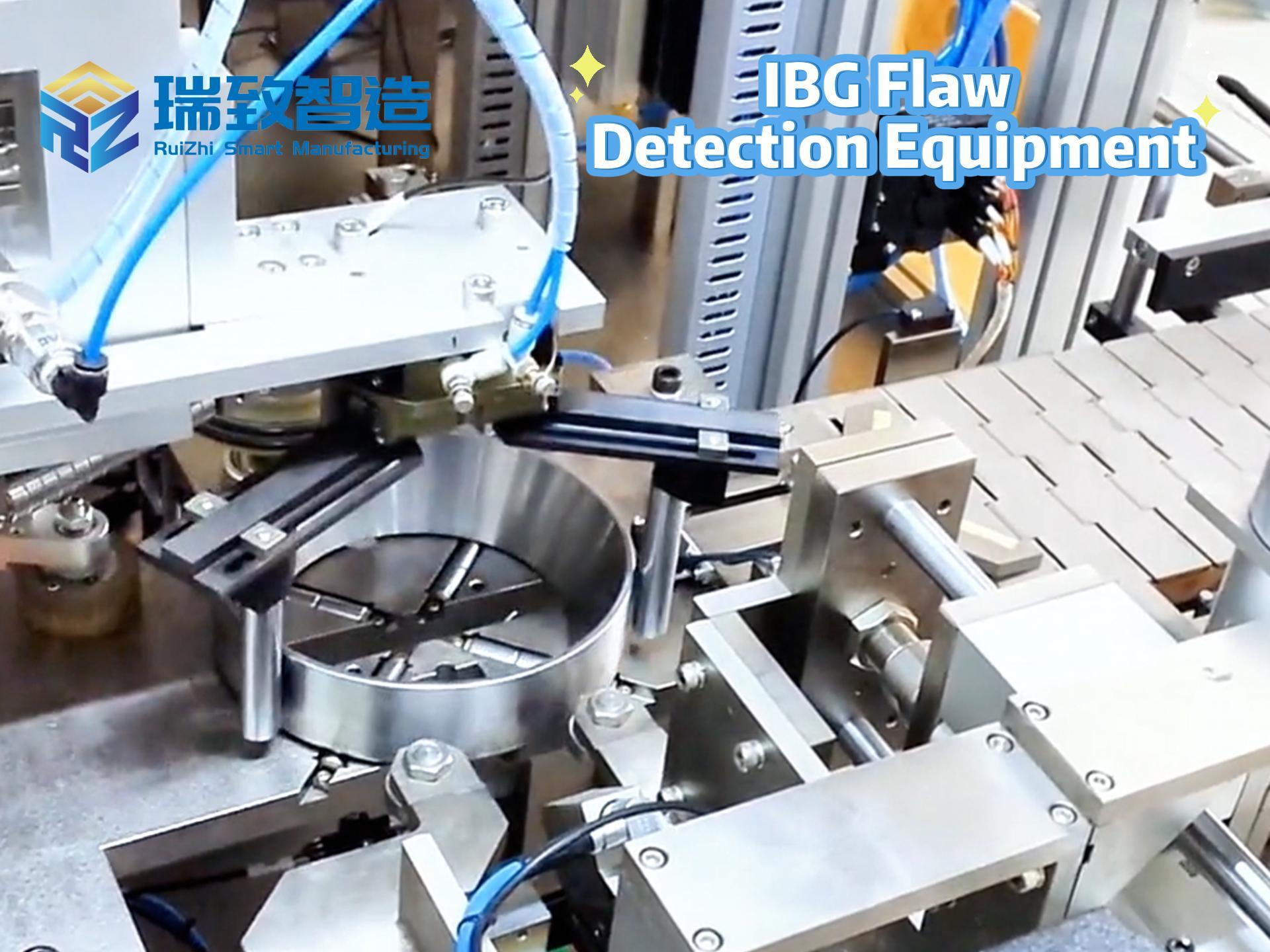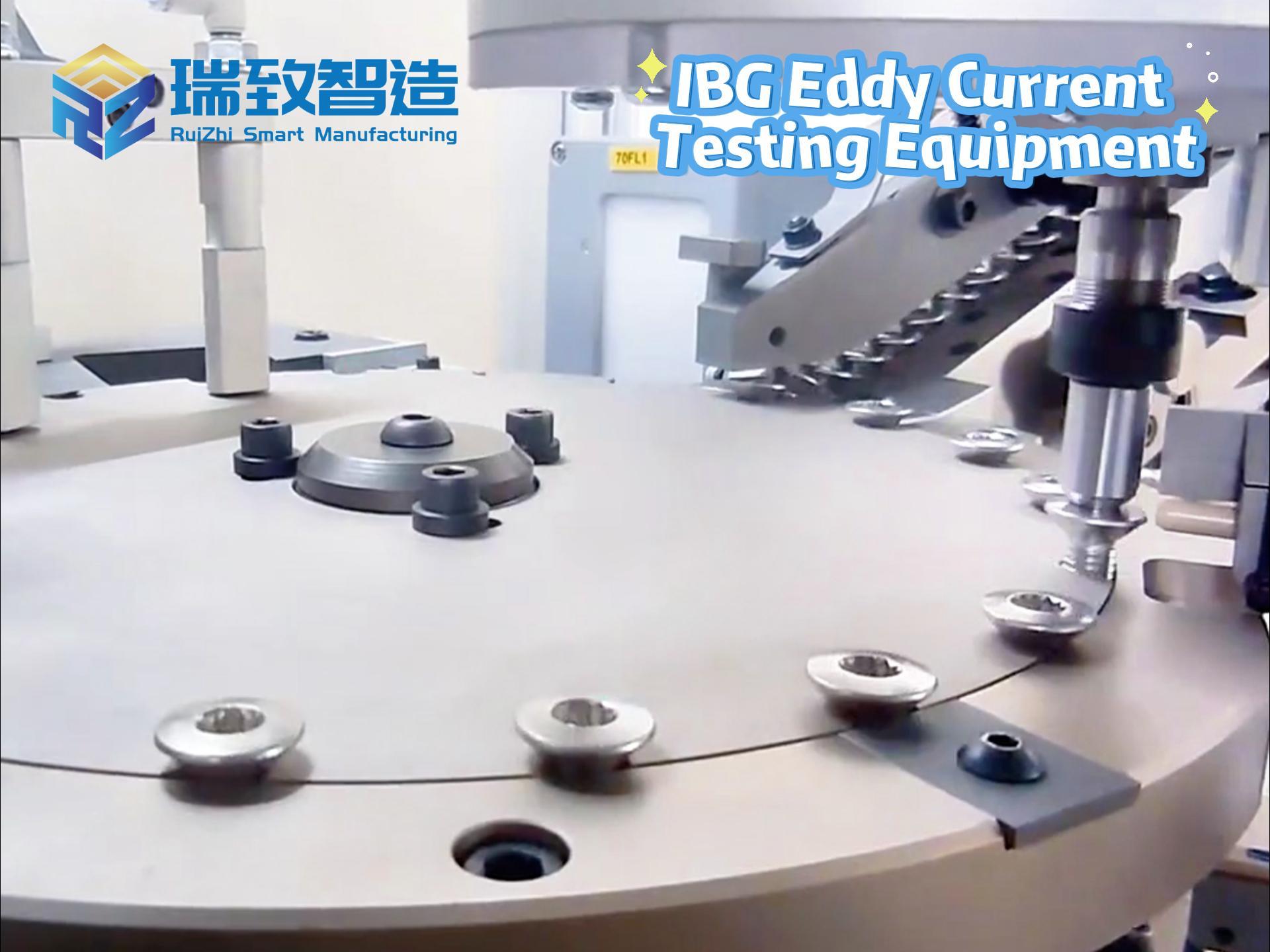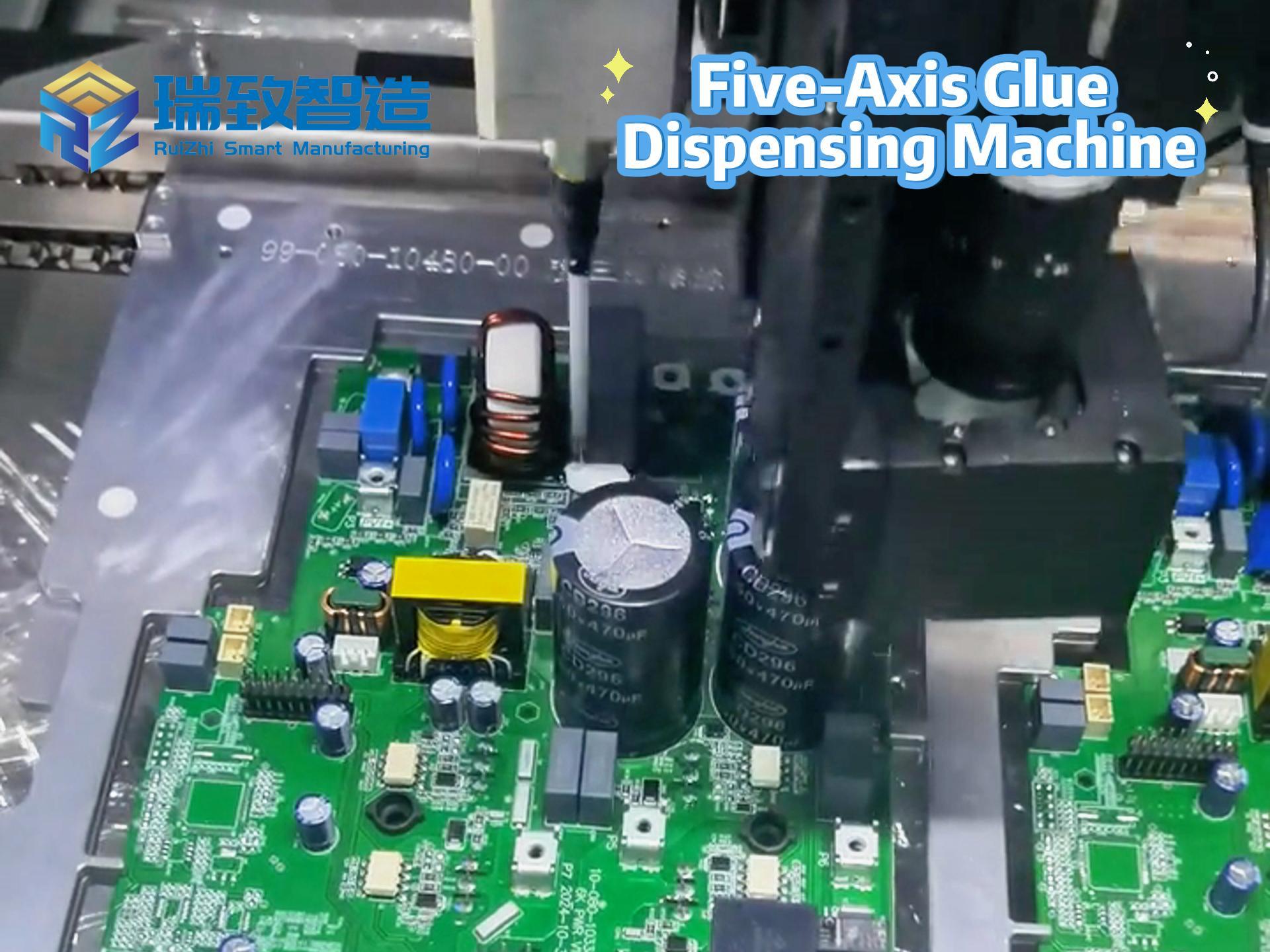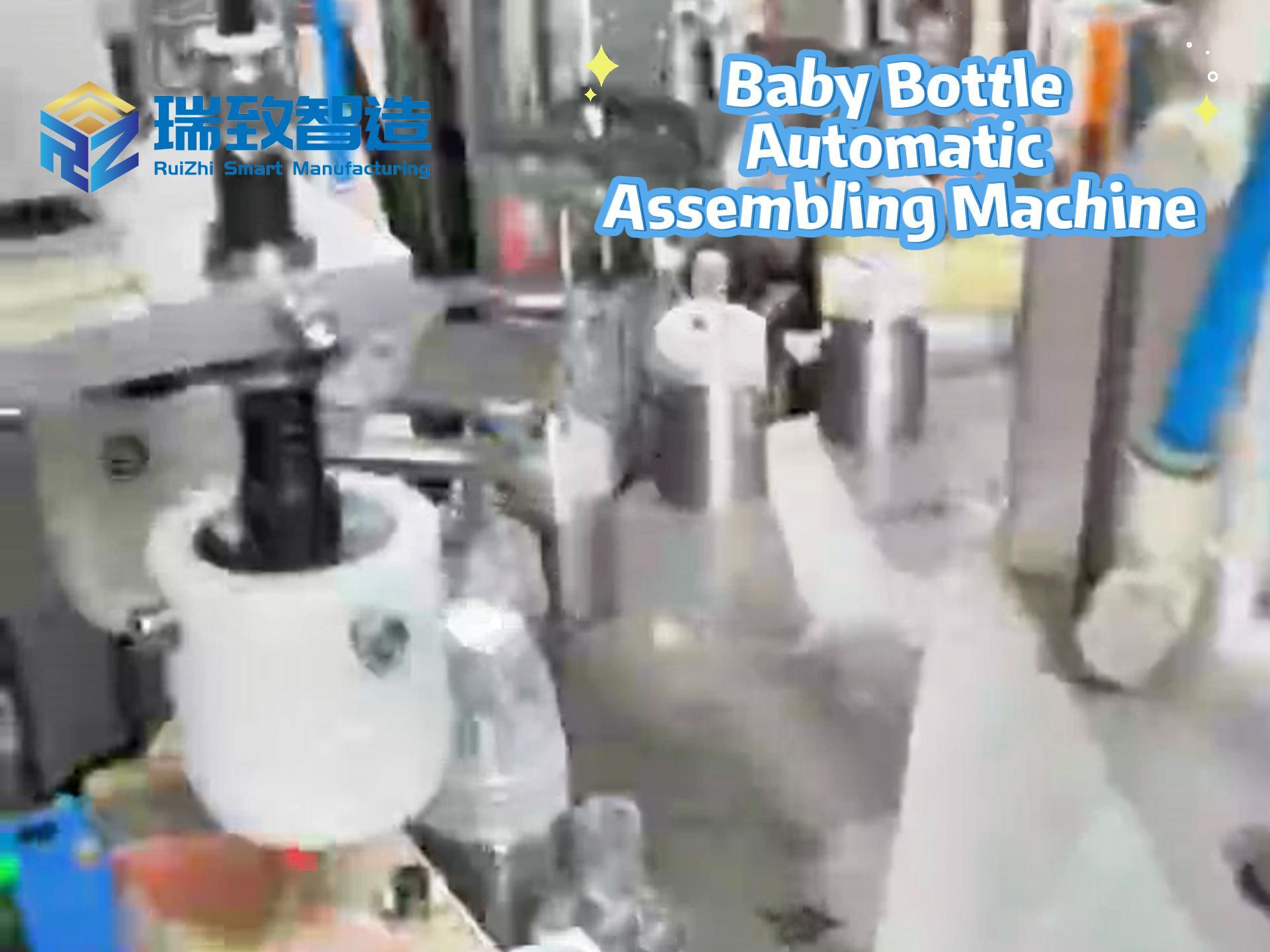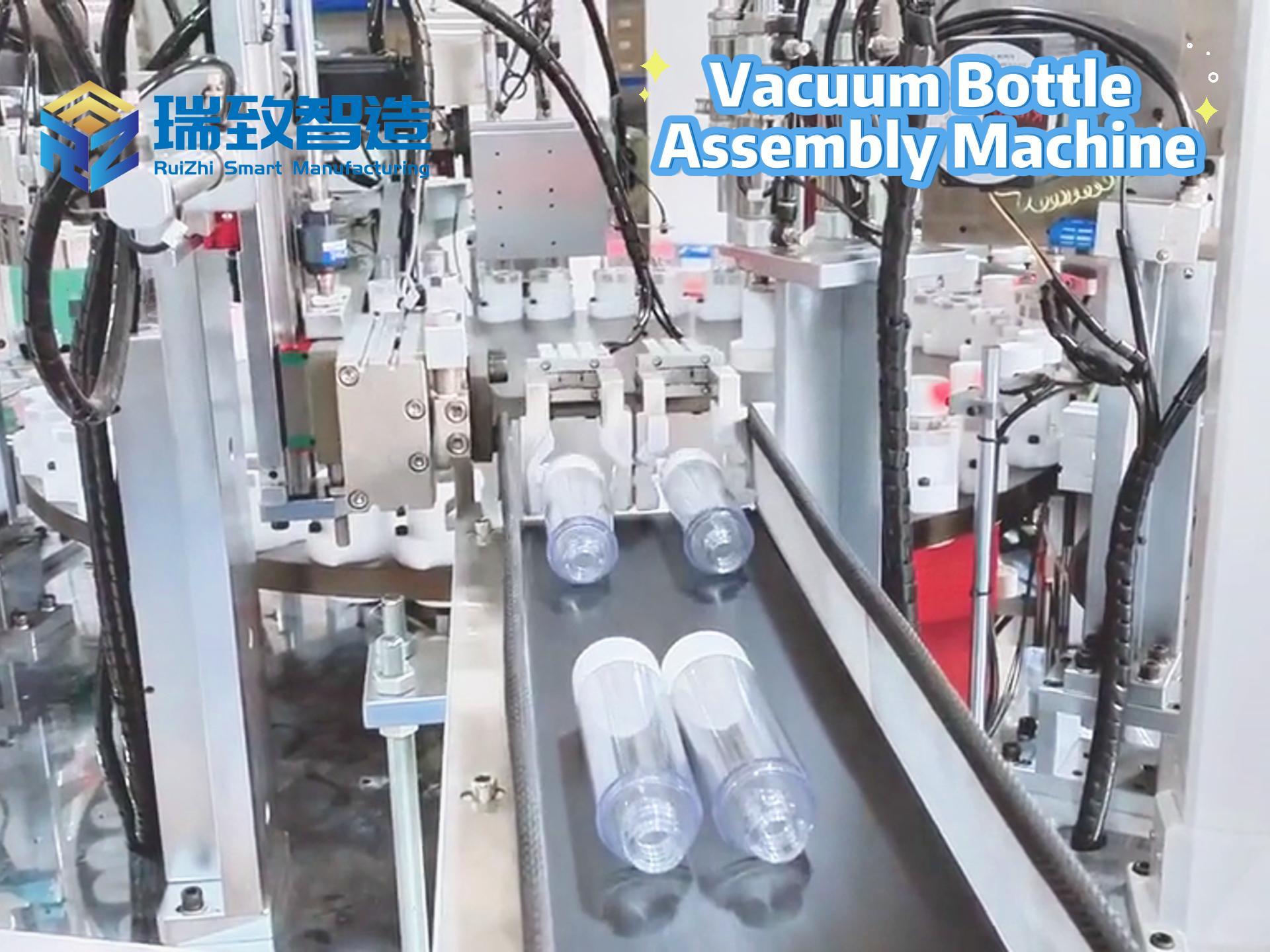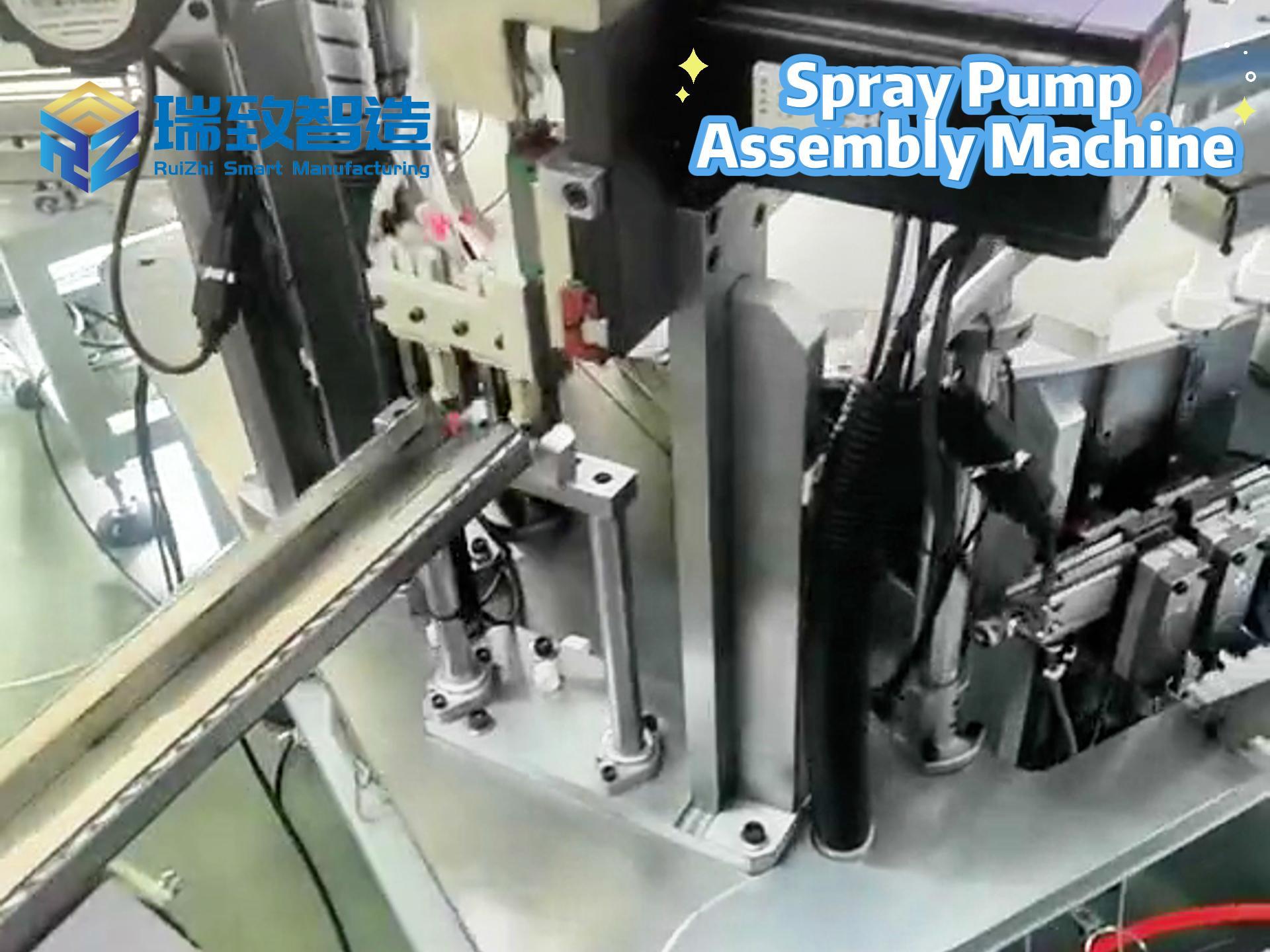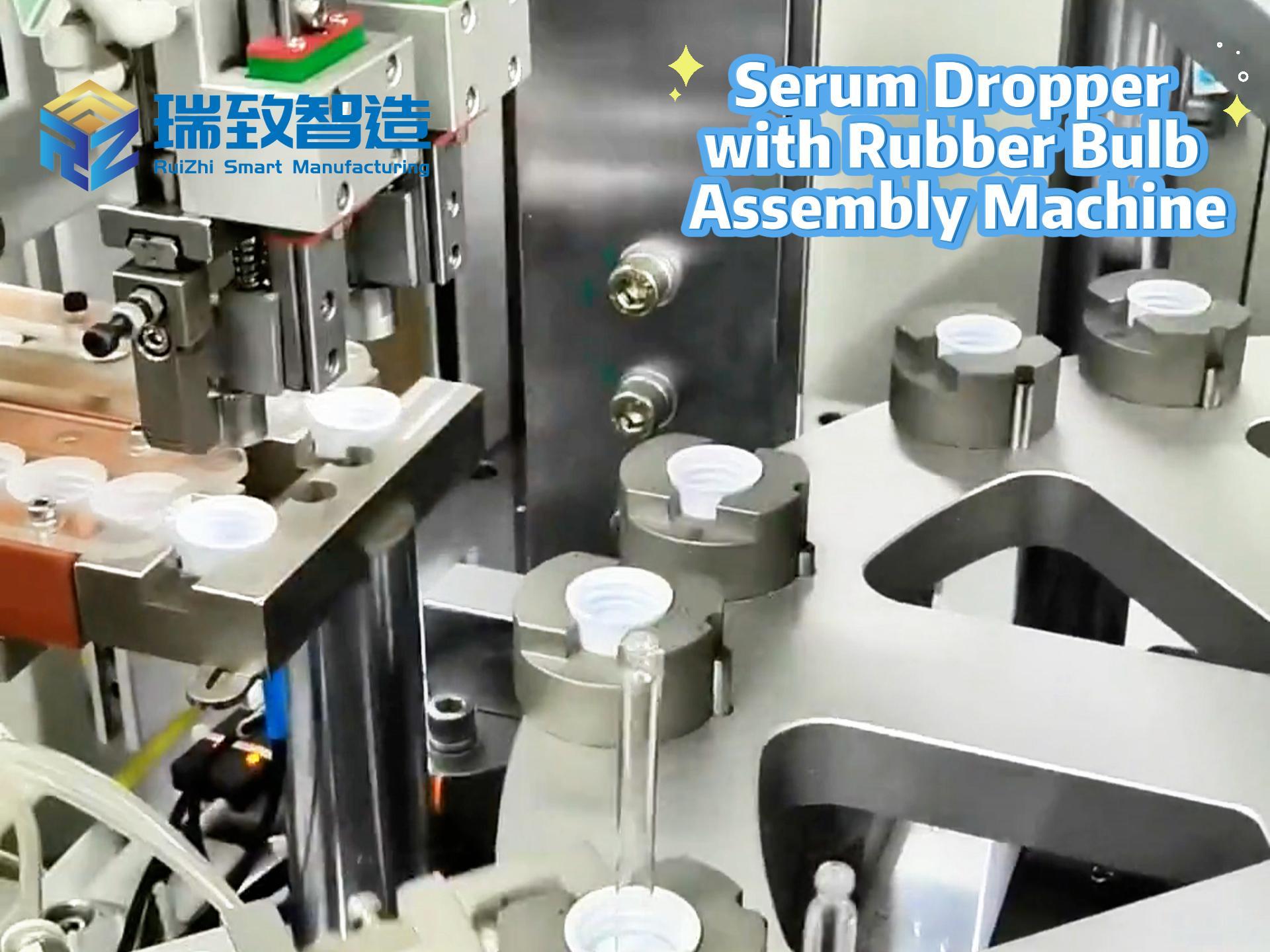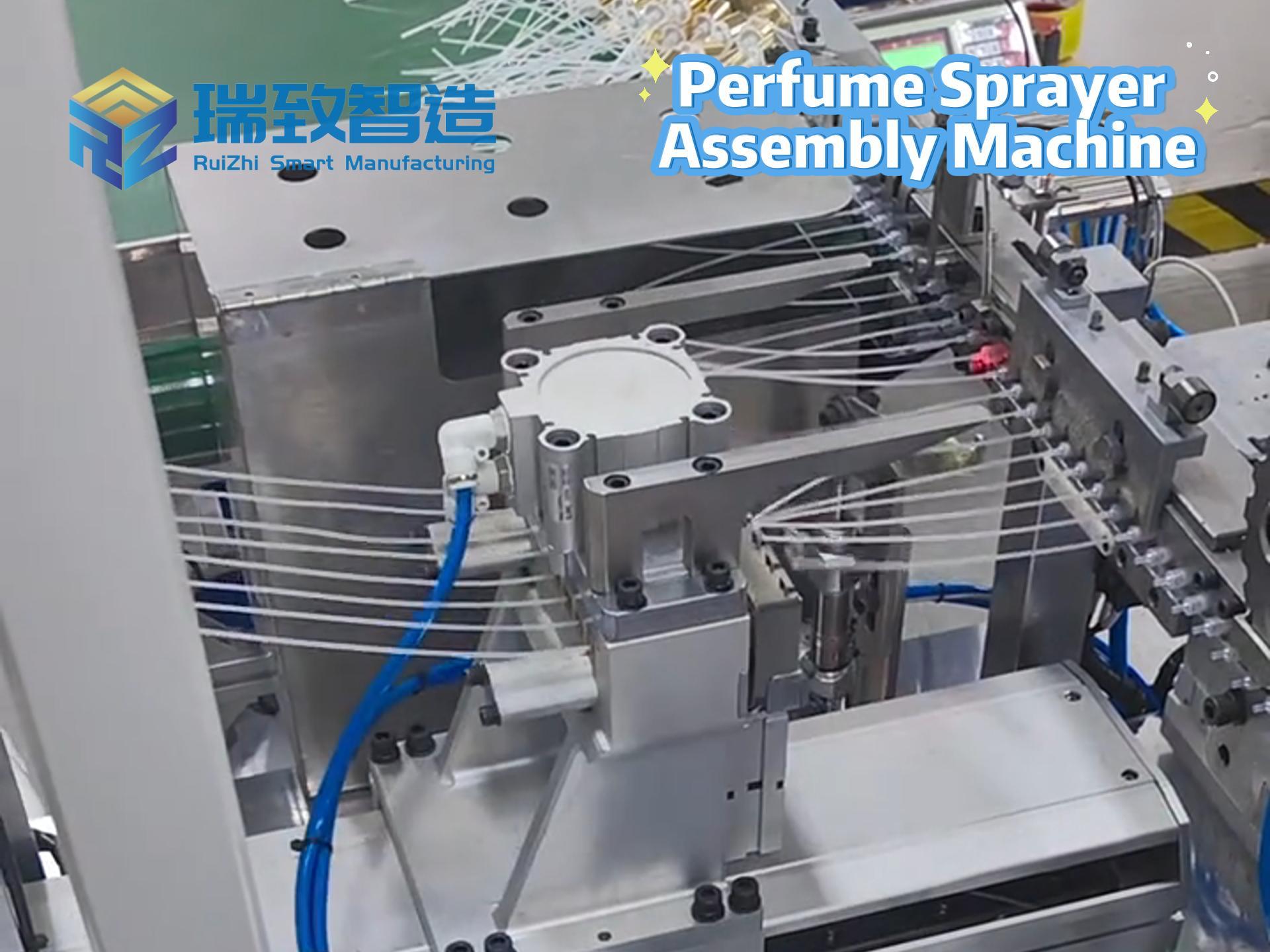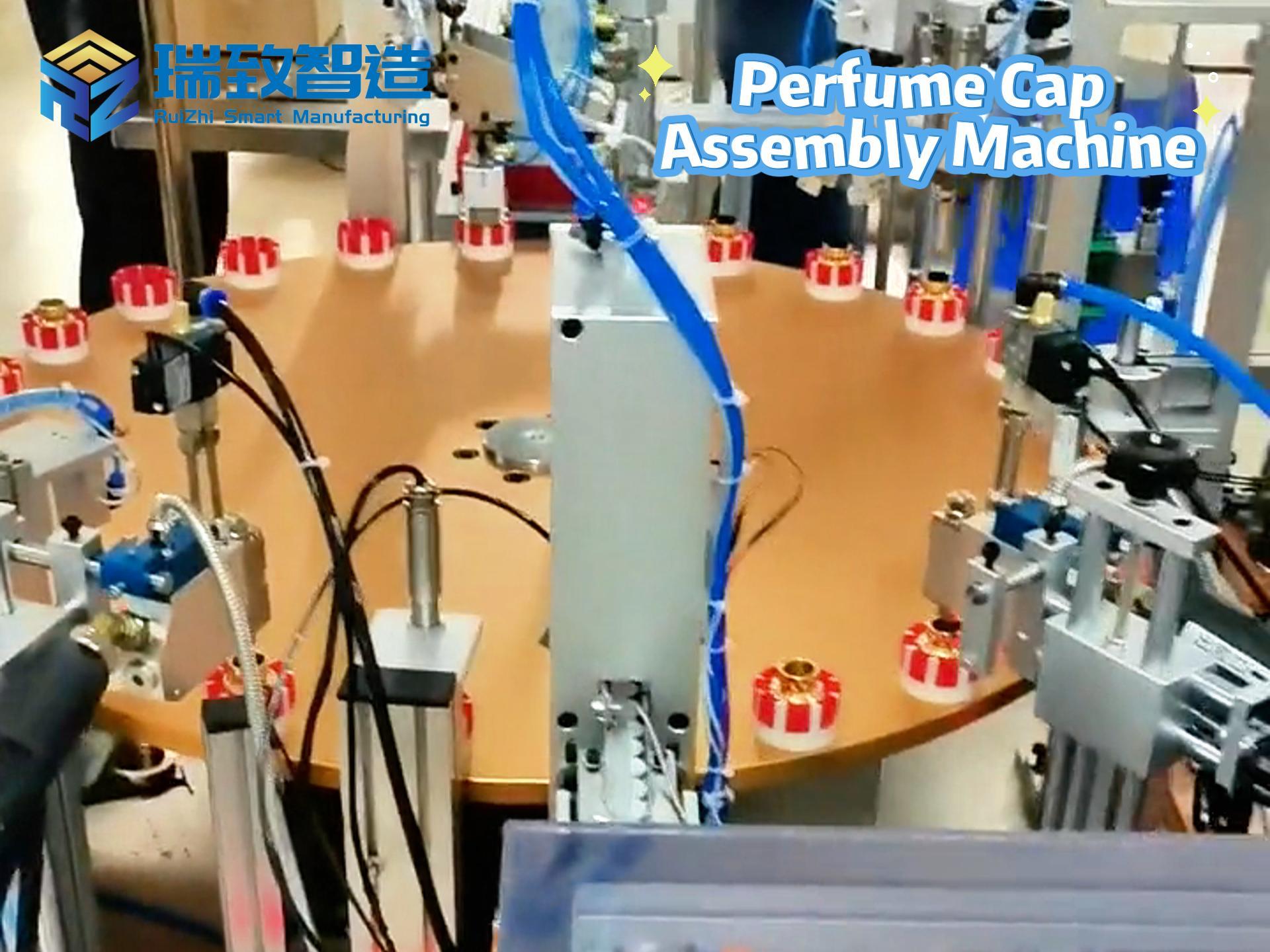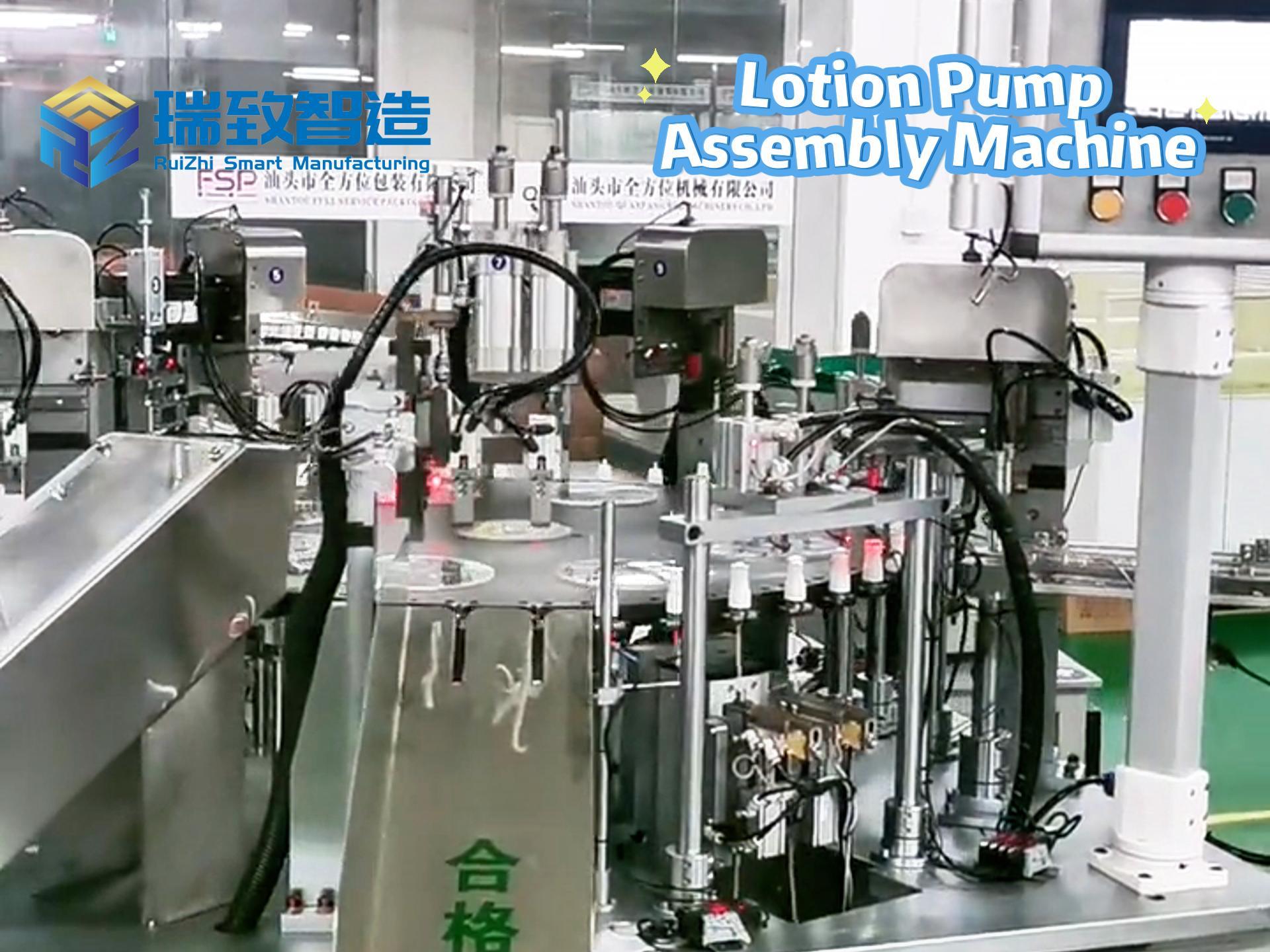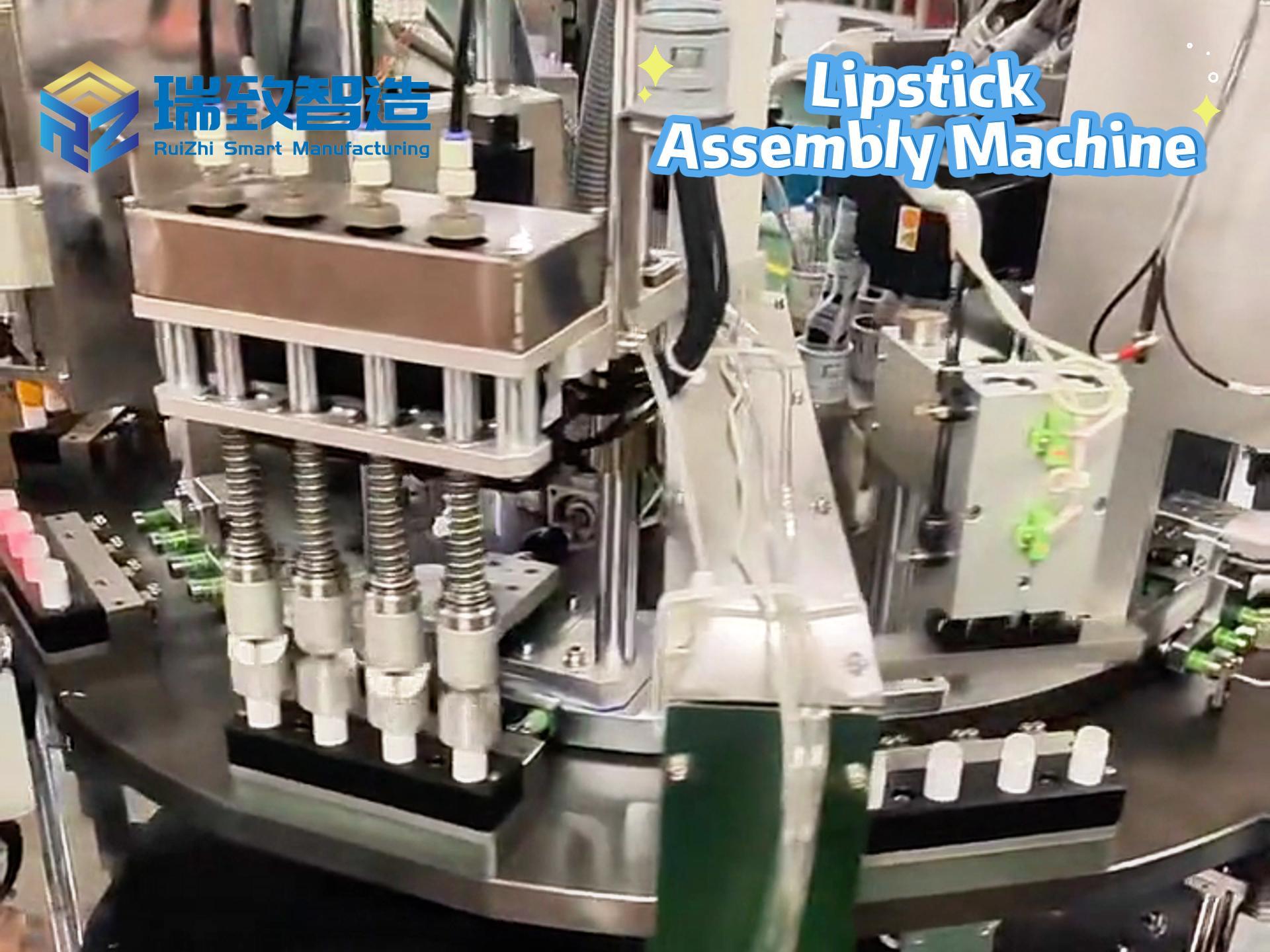
In today’s era of rapid technological advancement, precision machining technology has become a key driving force behind the development of numerous industries. So, what exactly is precision machining? Simply put, precision machining is a manufacturing process capable of achieving extremely high accuracy, with its machining precision typically controllable at the micron or even nanometer level. This high-precision machining method ensures that the manufactured components have precise dimensions and excellent surface quality, providing a solid guarantee for the stable operation of various high-end equipment.
Definition and Key Distinction from CNC Machining
Many people tend to confuse precision machining with CNC machining; in fact, they are related yet distinct. CNC machining, or Computer Numerical Control machining, is a method that uses digital information to control mechanical movement and the machining process. It is one of the important means to achieve precision machining, but it is not equivalent to precision machining. CNC machining controls machine tool movement through pre-programmed procedures, enabling the machining of complex shapes. However, its machining precision does not always meet the ultra-high requirements of precision machining. In contrast, precision machining encompasses a variety of processes and technologies that can achieve high-precision machining. It may utilize CNC machining or combine other special machining methods.
Notable Advantages of Precision Machining
Precision machining boasts numerous notable advantages. On one hand, its extremely high machining precision can meet the manufacturing needs of products that have strict requirements for component dimensional accuracy. For example, in the aerospace field, engine blades need to withstand the impact of high temperatures, high pressures, and high-speed airflows. Precision machining ensures the shape and dimensional accuracy of the blades, allowing them to operate stably even under extreme conditions. On the other hand, parts produced through precision machining have good surface quality, which reduces subsequent processes such as grinding and polishing, thereby improving production efficiency and lowering costs. Moreover, precision machining is applicable to a variety of materials, including metals, ceramics, and plastics, all of which can be processed with high precision.

Wide-Ranging Applications Across Industries
Precision machining finds wide application in multiple fields. In the field of precision mechanical machining, the manufacturing of key components for high-end machine tools is inseparable from precision machining technology—only high-precision components can ensure the high accuracy and stability of machine tools. Five-axis CNC machining, as an advanced form of precision machining, plays a crucial role in the field of mold manufacturing. Through five-axis linkage, it can machine molds with complex shapes and high precision requirements, significantly improving the manufacturing efficiency and quality of molds. In the field of automatic assembly equipment, precision machining is equally indispensable: for automatic sealing ring feeding and assembly systems (widely used in automotive engines, medical devices, and hydraulic equipment), it enables the machining of core components such as precision feeding rails, positioning fixtures, and adaptive clamping jaws with micron-level dimensional accuracy and ultra-smooth surfaces. This ensures the seamless fit of sealing rings during automatic assembly, avoids leakage caused by assembly deviation, and guarantees the reliability of sealed products in harsh working environments. Additionally, in the field of electronic manufacturing, when producing precision electronic components such as chips and circuit boards, precision machining ensures the tiny size and high precision of the components, driving the development of electronic products toward miniaturization and high performance.
With its unique advantages, precision machining occupies an indispensable position in modern manufacturing, especially in fields such as precision mechanical machining and automatic assembly. As technology continues to advance, precision machining technology will also undergo continuous innovation, injecting strong impetus into the development of more industries.

